Symposium
sidenav header backgroundSymposium on Climate Change, Green Growth and CCUS 2018 (Part III)
Continued:
CCUS Project Report
In 2016, BHP sponsored and funded a research project, led by Peking University together with the University of Edinburgh and other research institutes to assess technology, business, economics and polies viability -- regarding CCUS deployment in the iron and steel sector. In this context, the Symposium also serves as a vehicle for the project team to share the outcomes of two years of collaborative work. The project advisory board members listened to the reports and gave comments and expectations for the future work.
Focusing on different CCUS programs led by Peking University, with a special care of its technical improvement, business prospect, economic potentials as well as policy formulations, the report started from the introduction of technical progresses achieved by Technology Team from College of Engineering at Peking University. Prof. Zou Ruqiang, Doctor Mo and Dr. Liu from College of Engineering, Peking University, shared their research frontier with the audience, with regard to the development of functional porous material of CO2 capture and separation, carboxylation process of CO2, and biological fixation of CO2.
Business application of advanced CCUS technology were also crucial in the process of mitigating carbon emission. Using the innovated CCUS technologies and advance financing methods, carbon emission in iron and steel industry could be further reduced. Prof. Lei Ming from Guanghua School of Management at Peking University, Prof. Lin Qianguo from North China Electric Power University, and Ms Ren Lihua from UK-China Guangdong CCUS center presented how new CCUS technologies could be applied in the factories and how to further abate its cost from their research projects respectively. As suggested by all three presenters, CCUS technology could be very potential in China, a country with huge amount of production of iron and steel.
In the cooperation between University of Edinburgh and Peking University in the CCUS research program, researchers from University of Edinburgh focused more on the funding and international technical communication of CCUS technologies. Dr. Liang Xi shared his thoughts on the innovative method to further finance and support the development of CCS in Iron and Steel sector. Ms. Ayesha Sodha explained how advanced ideas of CCUS could be disseminated and communicated to the stakeholders as well as the ordinary citizens, fostering an atmosphere favorable to the application of CCUS technology in iron and steel industries.
Following the technical and business analysis, scholars from National School of Development at Peking University presented how the international economic situation impacted the carbon emission in China. Prof. Xu Jingtao illustrated how joining WTO influenced the growth pattern of China, trying to figure out why the pollution in China deteriorated after its joining WTO. Dr. Liu Shilei presented how the global economic recession compromised the realization of Paris Commitment using the macroeconomic model.
Policy response to accelerate carbon emission in the steel industries were also of great concern by the participating scholars. The symposium welcomed Dr. Liu Qiang from National Center for Climate Change Strategy and International Cooperation to analyze the policy of CCUS development in steel sector. Using his experience in the steel industry, Dr. Liu presented how CCUS was developed in the steel sector in the past, how it was influenced by different sorts of polices and how future policies could be implemented to promote CCUS development in China.
In the comment session, members of the esteemed advisory board shared their thoughts about the topics mentioned in the symposium. Prof. Fei Weiyang from Tsinghua University highly praised the presentations, noticing the presenters of the importance of putting theoretical and experimental progresses into application by piloting these innovative technologies more.
Prof. Yang Yongping, president of the North China Electric Power University, expressed his worries of the high cost of the carbon capture, which would be too burdensome for power plants and steel factories. He suggested that more technological breakthroughs, like separating carbon from nitrogen in the gas emitted from the steelmaking process, were required for the further reduction of carbon emission.
Prof. Han Wenke from NDRC’s Energy Research Institute talked about the overconsumption of coal in China and the redemptive reduction of energy consumption. Though China has been working on the mitigation of carbon emission, economic pressure from the global economic recession is now making high energy consuming and pollutant industries even more tempting to municipal and provincial governments. This brought more challenges to the development and application of CCUS.
Mr. Zheng Yiyu from Baosteel Central Research Institute explained how Baosteel was striving to lower the emission by improving its producing crafts. He encouraged scholars to explore more about the synergic production in the steelmaking process and the production of cleaner electric and energy to further reduce the carbon emission.
Focusing on the reduction of consumption of fossil fuels, Ms CHEN Liyun from China Iron & Steel Association stressed the adjustment of steelmaking process to improve fuel efficiency and lower the emission. She also mentioned the contribution from the market to accelerate the application of CCUS. Viewing from a broader perspective, Dr. Gao Lin from Institute of Engineering Thermo-physics advocated an integration between metallurgy and electricity production.
After the comment session, Professor Fu Jun closed the discussion of the symposium with a retrospection of the whole forum. He mentioned the characteristics of steelmaking and metallurgy factories in China, with the market largely dominated by state-owned corporations. Therefore, policy orientation from the government had a greater influence on the application and piloting of CCUS technology. To conclude his speech, Professor Fu thanked all the participating experts for showing up and shared their thoughts with all the participants.
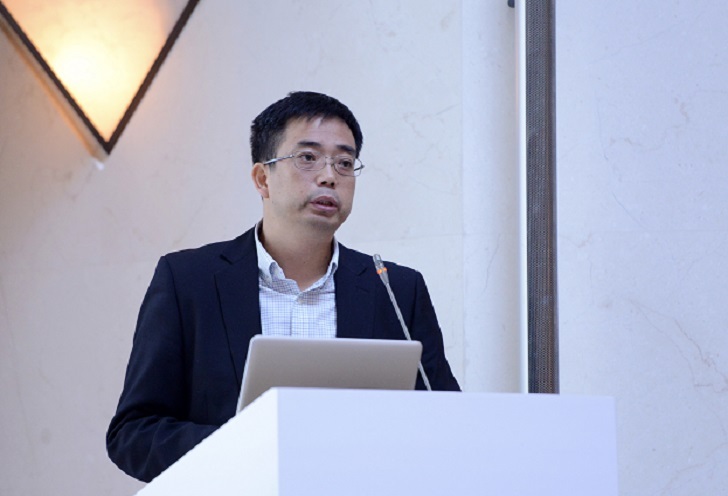
Prof. Zou Ruqiang, College of Engineering at Peking University
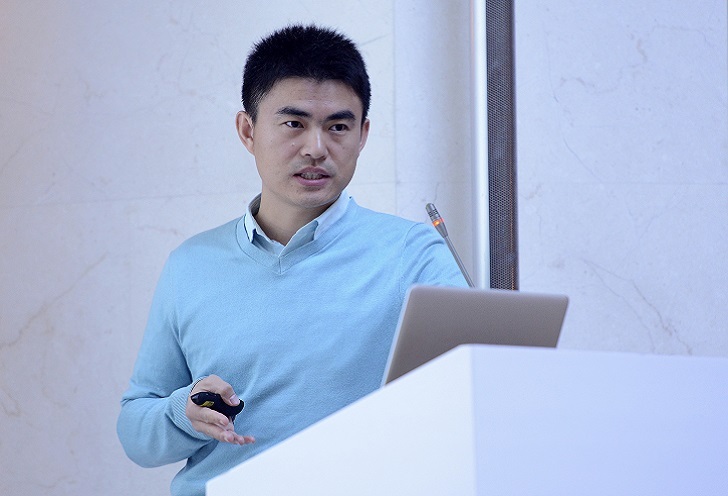
Dr Mo Fanyang, College of Engineering at Peking University
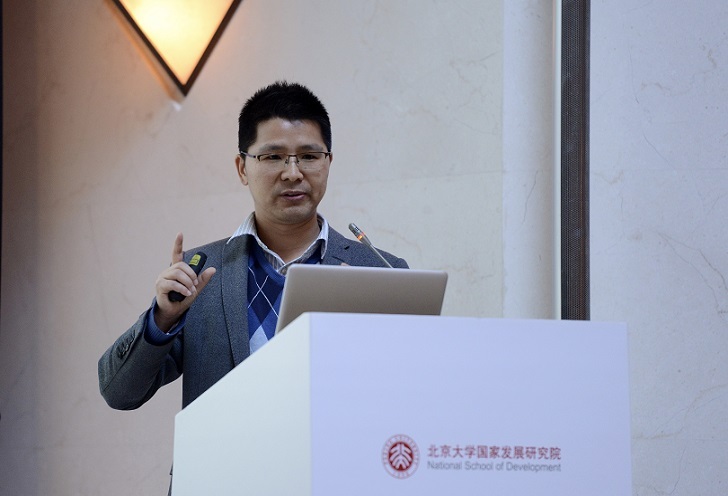
Dr Liu Jin, College of Engineering at Peking University
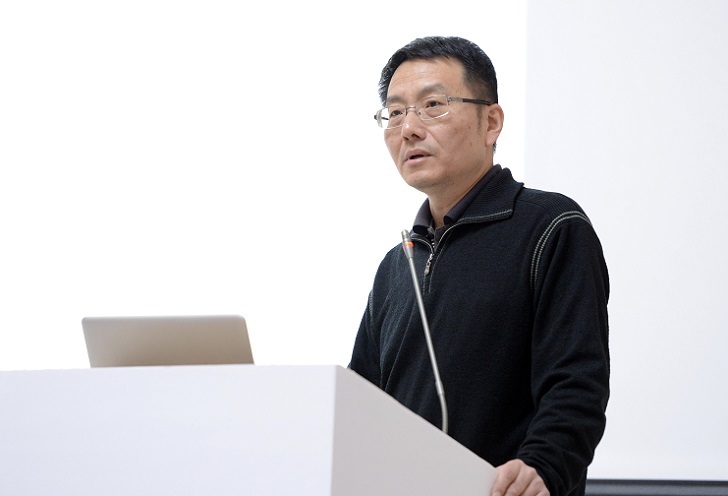
Prof. Lei Ming, Guanghua School of Management at Peking University
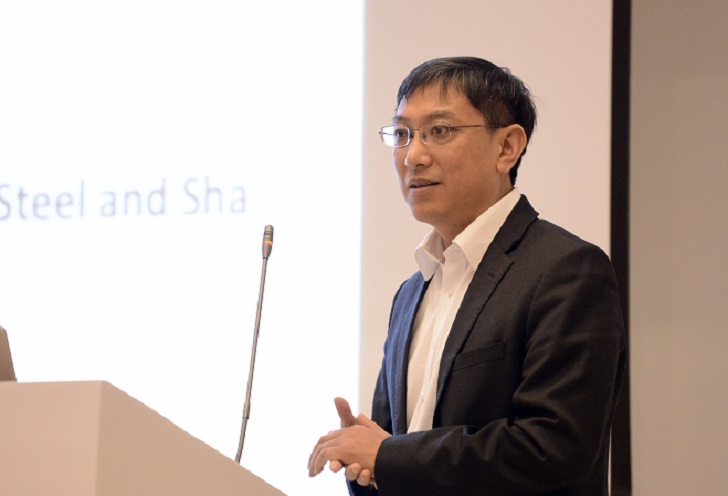
Prof. Lin Qianguo, North China Electric Power University
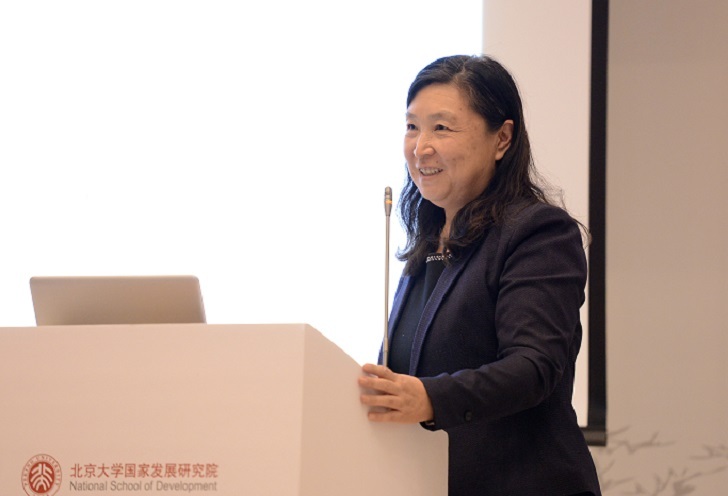
Ms Ren Lihua, UK-China Guangdong CCUS center
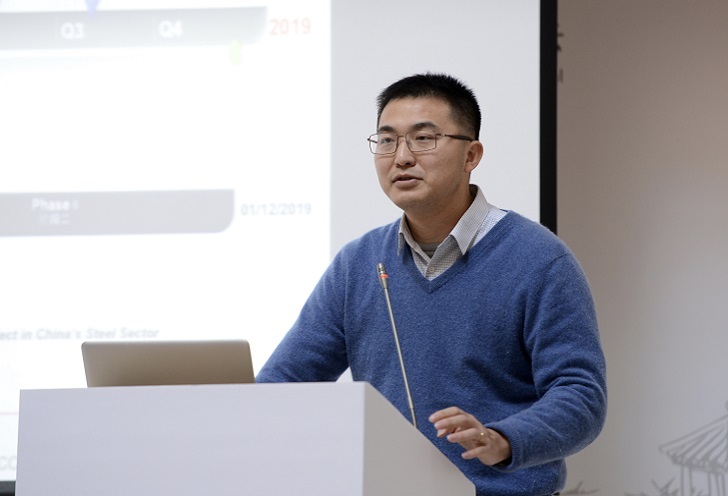
Dr Liang Xi, University of Edinburgh Business School
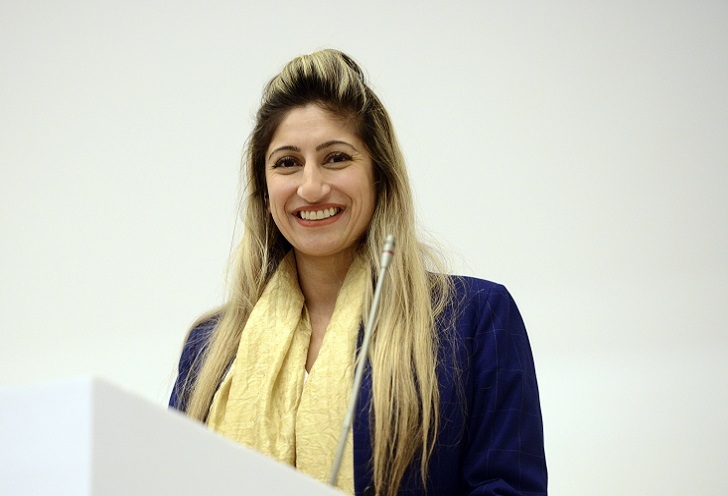
Ms Ayesha Sodha, University of Edinburgh Business School
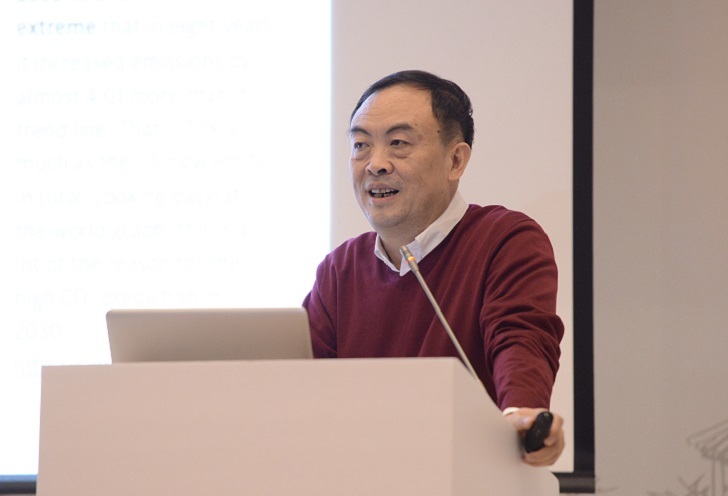
Prof. Xu Jintao, National School of Development at Peking University
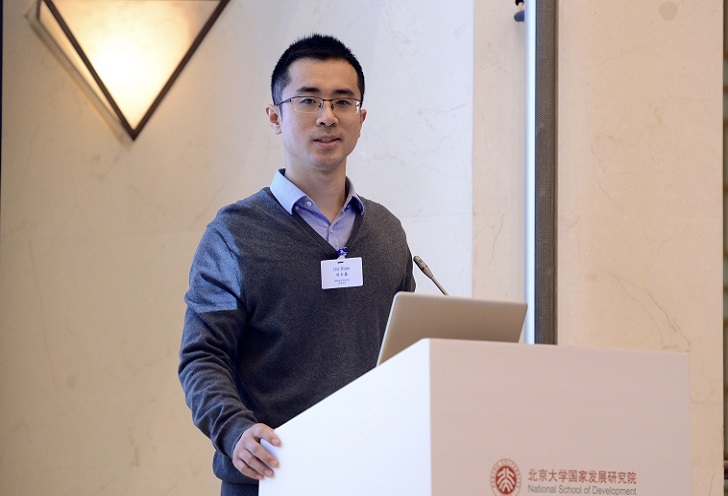
Post Dr Liu Shijin, National School of Development at Peking University
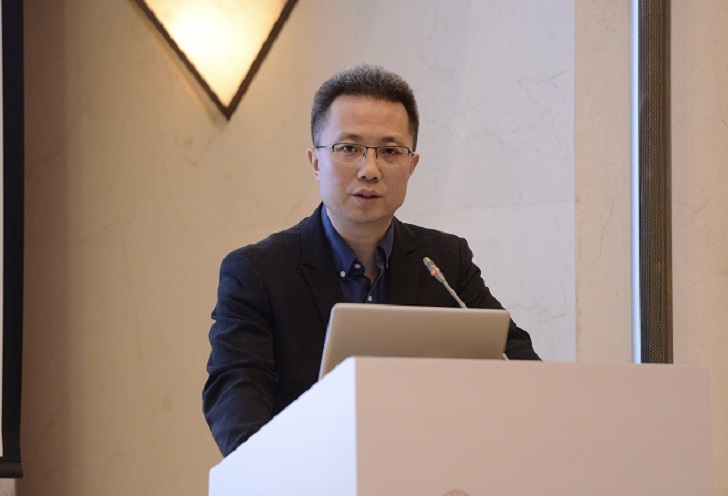
Dr. Liu Qiang from National Center for Climate Change Strategy and International Cooperation
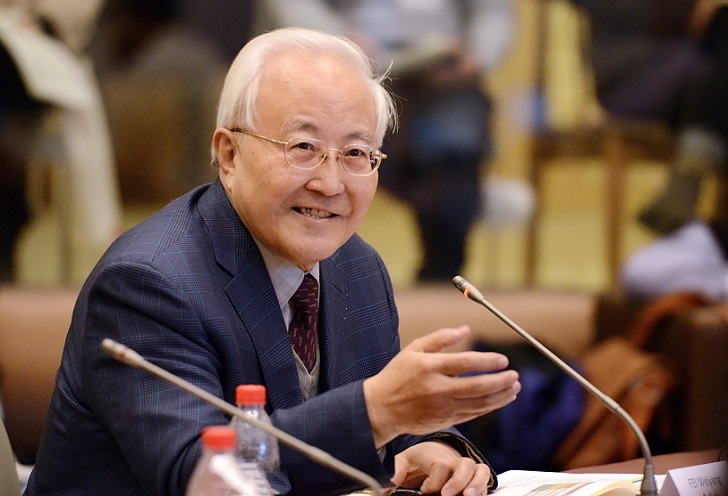
Prof. Fei Weiyang from Tsinghua University
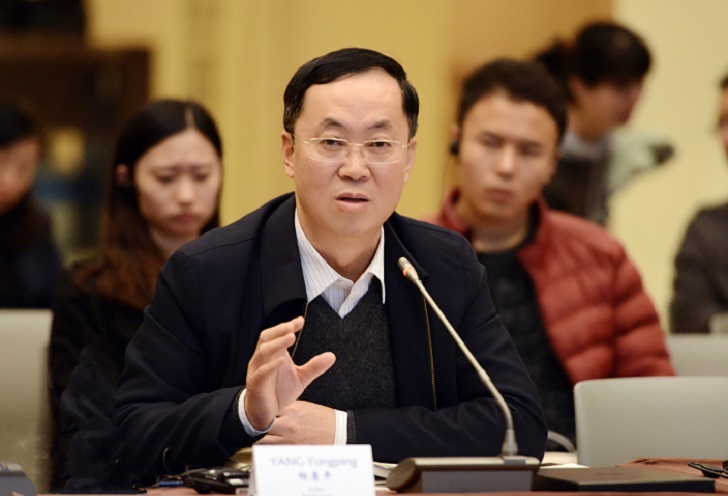
Prof. Yang Yongping, president of the North China Electric Power University
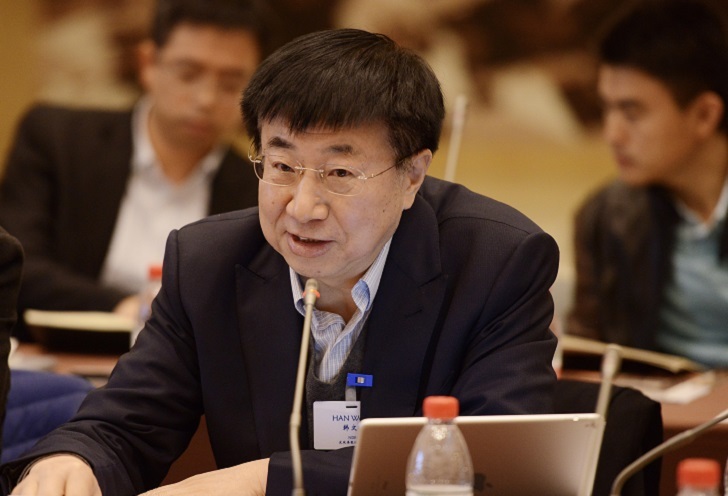
Prof. Han Wenke from NDRC’s Energy Research Institute
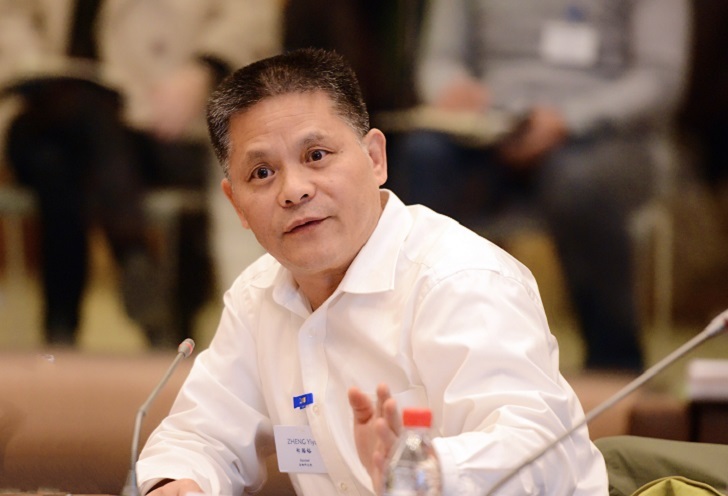
Mr. Zheng Yiyu from Baosteel Central Research Institute
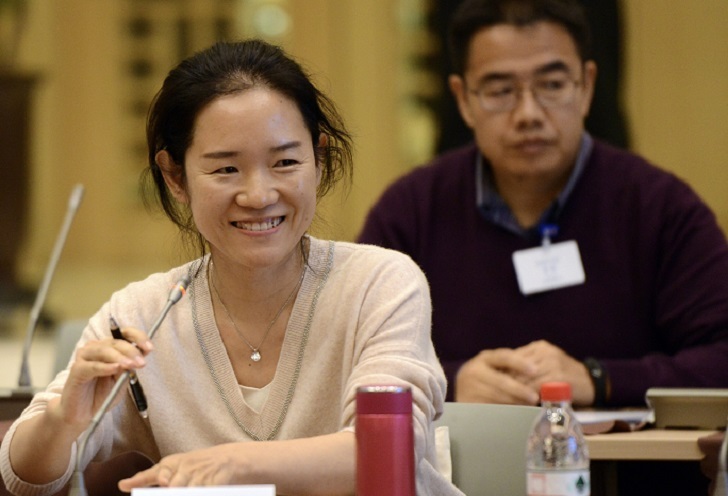
Ms CHEN Liyun from China Iron & Steel Association
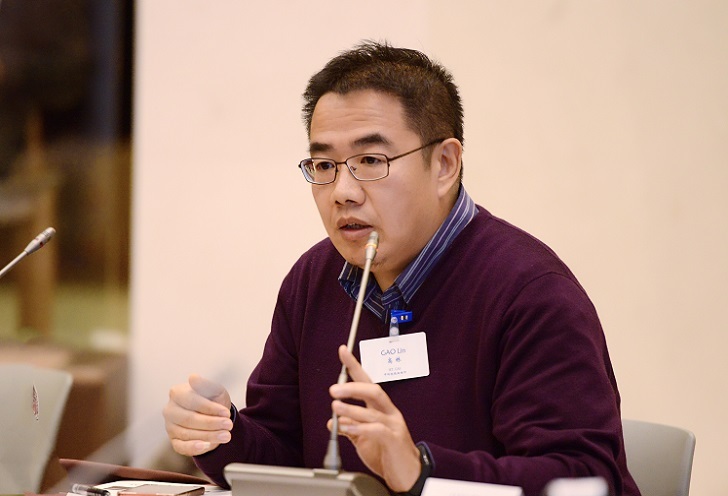
Dr. Gao Lin from Institute of Engineering Thermo-physics
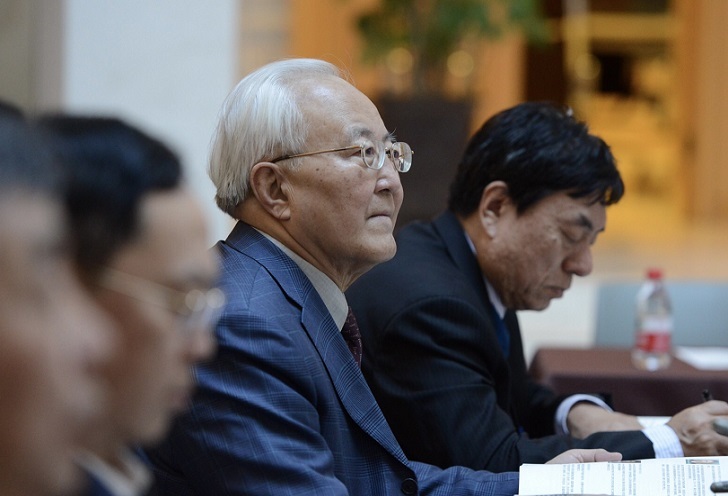
Report by Zhou Ziqi, Photo by Ning Ying







